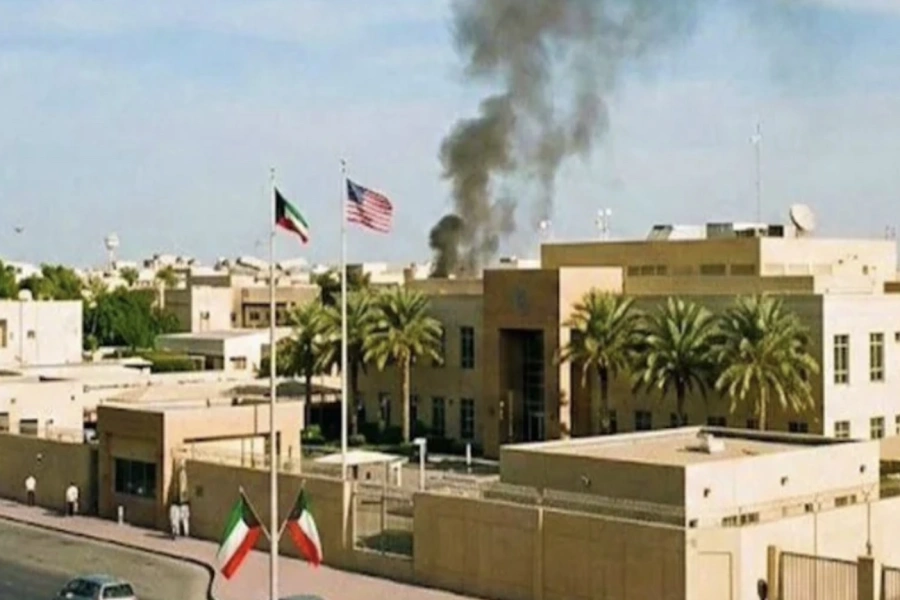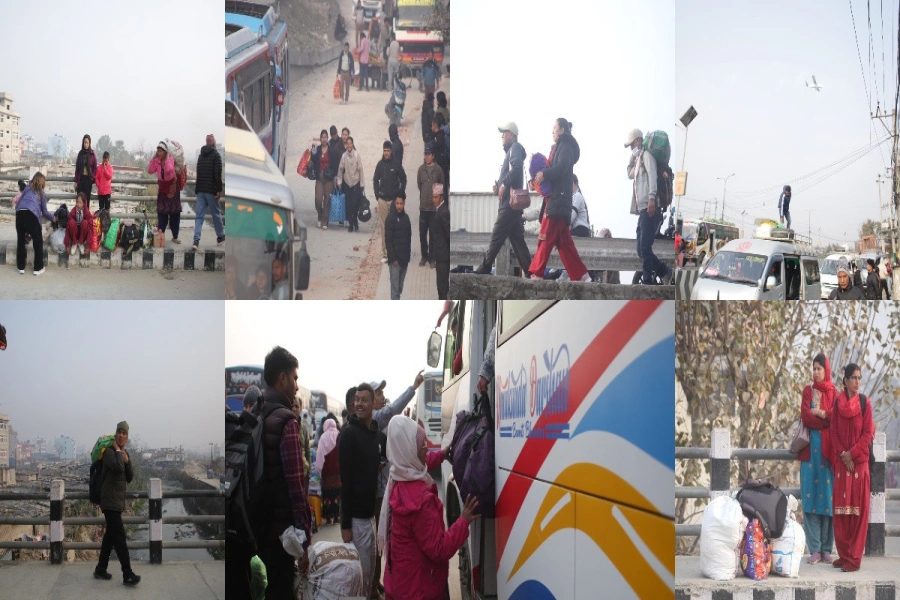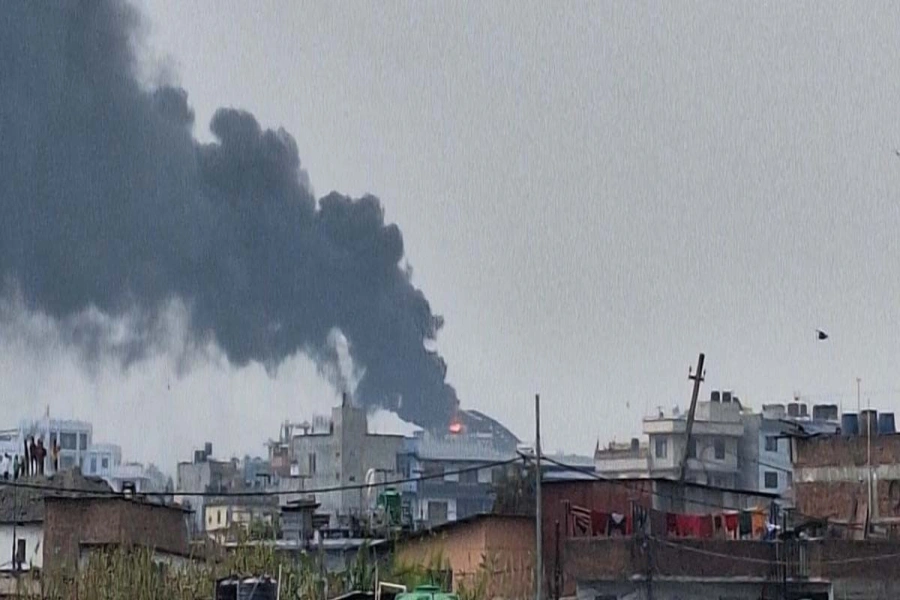We were never taught that we should fight back against all sexual assaults. We could
never share abuses because it would be considered as our faults and we would be blamed.
Seventeen years ago, I had a friend in the neighborhood who was also a child-labor. Both of us were the same age and were in our teens where our bodies were changing. We used to play together, watch TV together. Suddenly, our regular daily play was halted and I didn’t see her for few days. She came back sick, vomiting most of the times, and pregnant. I learned from the women gossiping around my house along with my mother that she was raped. The perpetrator was a much older man who lived in the house of the man she worked for. Her rape was never reported even though I had heard women talking about reporting it to the police.
My mother never discussed it with me but started to keep me safe by ordering me to lock the door every time I am alone. I secretly knew what was going on because I had overheard and my friend was pregnant. After some time, my friend was taken away to Chitwan, where she belonged. There are no whereabouts of her till date and her perpetrator walks freely today. This memory haunts me and triggers anxiety whenever any rape case is reported.
It could have been me instead of her, it could have been anyone. But she was more vulnerable because she was alone in Kathmandu and was a child labor working at someone else’s house. Everyone knew what happened to her but nobody stood for her. Many people might even not remember her but I do. I don’t know if her child was aborted or what happened to her afterwards. I never saw her again in my life.
Growing up as a female in Nepal is facing different bodily challenges that were tied with social and cultural pressures. After my menstruation at an early age, I started seeing changes in my body. And, so did others. There was this constant gaze from the 40-year-old neighbor and in the public vehicles, my breasts were stared at, touched, and sometimes yelled ‘how big they were’. I remember being stiffed on the bus seat as the man sitting beside me kept on leaning. After some time, I developed my strategy. I would blow my nose so hard that it looked really dirty. Sometimes it worked. Sometimes it didn’t. I started picking corner seat and then putting my school bag in between me and next passenger if they were a male. I would wear layers of underclothes followed by big over size t-shirts to hide my breasts. I started creating my own “survival kit” as Sarah Ahmed says in her book Living a Feminist Life.
PHOTOS: Rage against rape in Maitighar

Subsequently, as a teenager I would pray to the God to reduce the size of my breasts. Years later when I shared this to my friends, they would be surprised and show solidarity with me. I was never told it was a natural process and when I realized it I was already old.
Haunting memory
Another memory of around same time haunts me too. One day, my childhood friend shared a story about her friend who was assaulted by a man. According to her, she was taken to the bushes and the man touched her breasts. And, her father beat the girl mercilessly. With that story for me it was evident that, I need to protect myself because I don’t want my family to hate me or beat me. With that fear I thought keeping silence was the best way to deal with it. I was wrong then but I was also a growing teenager. Another friend shared similar story of how a gang of boys encircled her and then touched her breasts one after another and she couldn’t even speak. We never knew how to react in these situations because we were never taught to fight against these. All I knew was this should never happen to me because my family would get mad at me, not the perpetrator. We were never taught that we should fight back against all these assaults and our family will stand against this if something like this happens to us. We could never share those gaze, touch, abuses because it would be considered as our faults and we would be blamed for it.
However, years after studying feminisms, the theory has empowered me to speak up and share these stories and also my stories of abuses publicly without shame. Few days back one of the perpetrators dared to follow me on Twitter and I didn’t know what to do other than block them immediately. It triggered my anxiety but I geared up and shared it publicly. A lot of my friends, strangers showed solidarity with me. Without strength from feminisms and my women support group on Twitter, this would have been less likely.
Feminism for all
We have to understand that, feminism doesn’t favor only one gender, it is for all, for women, men, gay, lesbian, queer, transgender, bisexual, asexual, all of them. It allows us to think about gender in a broader way and is not limited to issue of one particular gender. It allows us to fight back when there is injustice, to speak up when we face an assault, or someone else faces an assault, and to enrich life with awareness.
But feminism in itself is not a “perfect” theory. It has flaws like all the other theories. Utopia doesn’t exist, we all know that. And, feminism cannot create a utopia for us. But feminisms allow us to have a self-reflection of our past, our methods to approach things, issues of life, our understanding and our actions. It allows us (both men and women) to recognize our biases and to take action against prejudices, crimes, assaults.
Seventeen years ago, things were different. Today things have changed. Most cases of rape are being reported in Nepal. Police sometimes take action, sometimes screw it up. Like everyone else, it disturbs me to the core. I am sure all of you feel the same when you read the news of an eight year-old minor gang raped, an older and a younger woman raped.
I am sure you feel this outrage against perpetrators and you want to rage. Digital platform allows you to share all these rages and with the power of networking it allows us to work together. With rampant rape cases in Nepal, Nepali women from different walks of lives in the country and abroad have launched this hastag on twitter #RageAgainstRape.
Immediately after this hastag, there were many people (both men and women) or “trolls” who were bashing these women who were tweeting to rage against rape. As a scholar who is keen on online discourses, I was very much shocked how sensitive issue like rape was tackled, mocked, and trolled in Nepali social media sphere. Most of the things that kept on repeated was the word “feminists”. Not a surprise. But it is really necessary for all of us to understand that, to be a feminist is NOT hating men, to be a feminist is NOT a crime, to be a feminist is NOT a misconduct.
In the past month how many rape cases have we read about? How many of the survivors are battling with their life due to “gang rape”? Can we fathom the pain and suffering of these girls and women? If we do, then we should come out of our homes, to join us to rage on this Women’s Day at Bhrikutimandap at 7:00 AM today. We #RageAgainstRape group would like to invite you all to march with us to seek justice to showcase solidarity to all those brave survivors who have survived this heinous crime.
Happy International Women’s Day!
The author is a PhD Student of Rhetoric and Composition at Purdue University, USA





-1200x560-1772467693.webp)
































